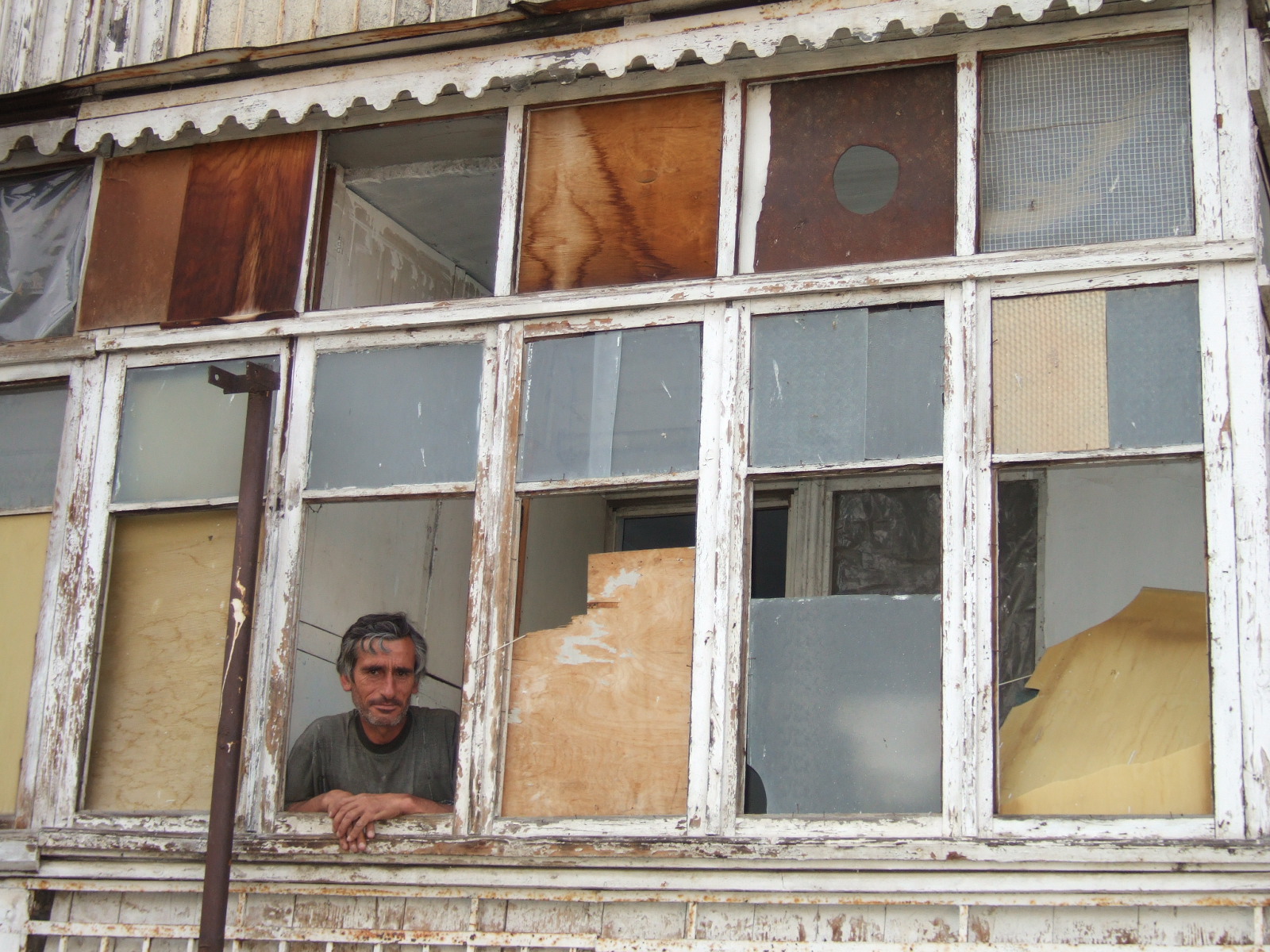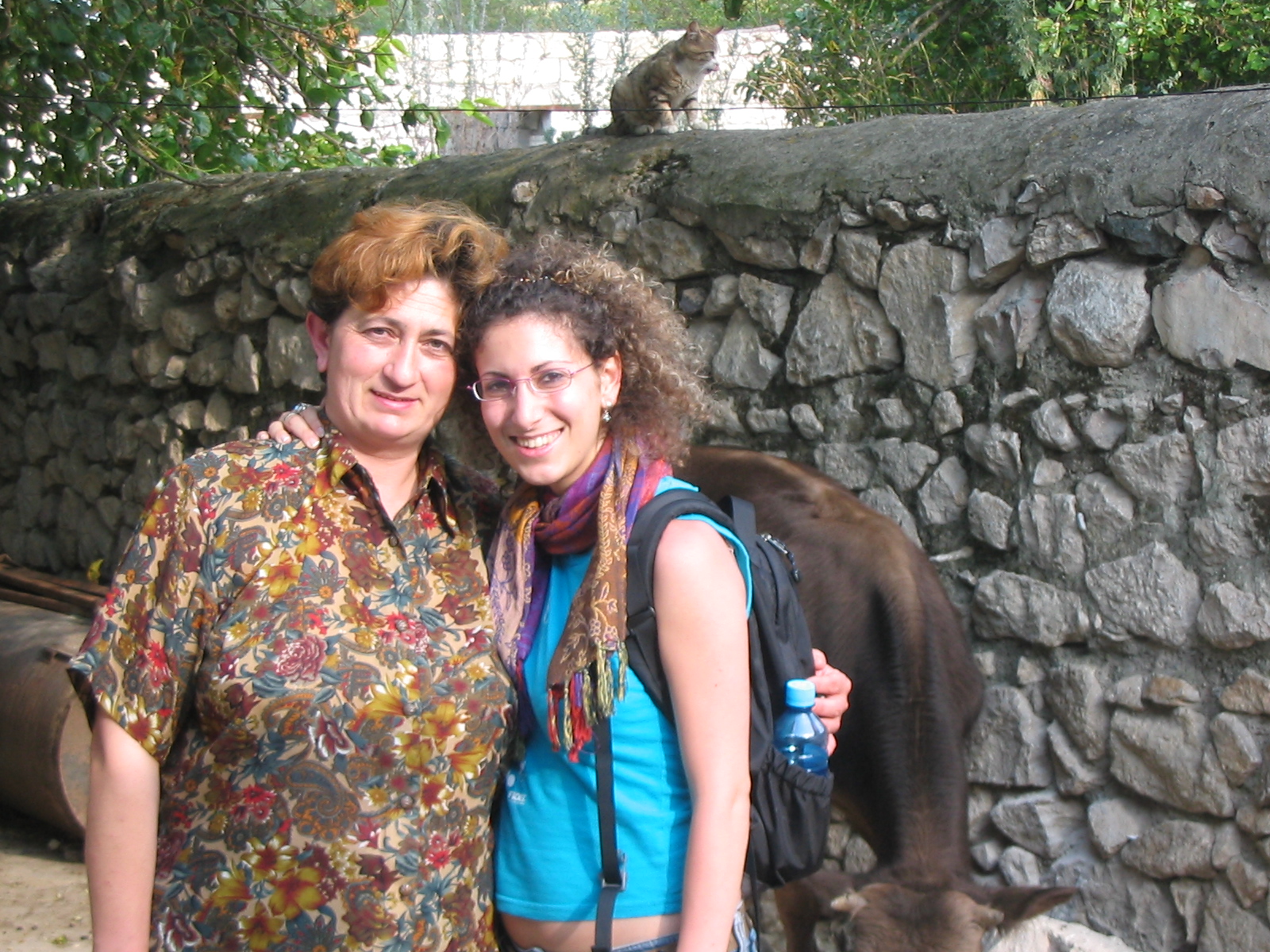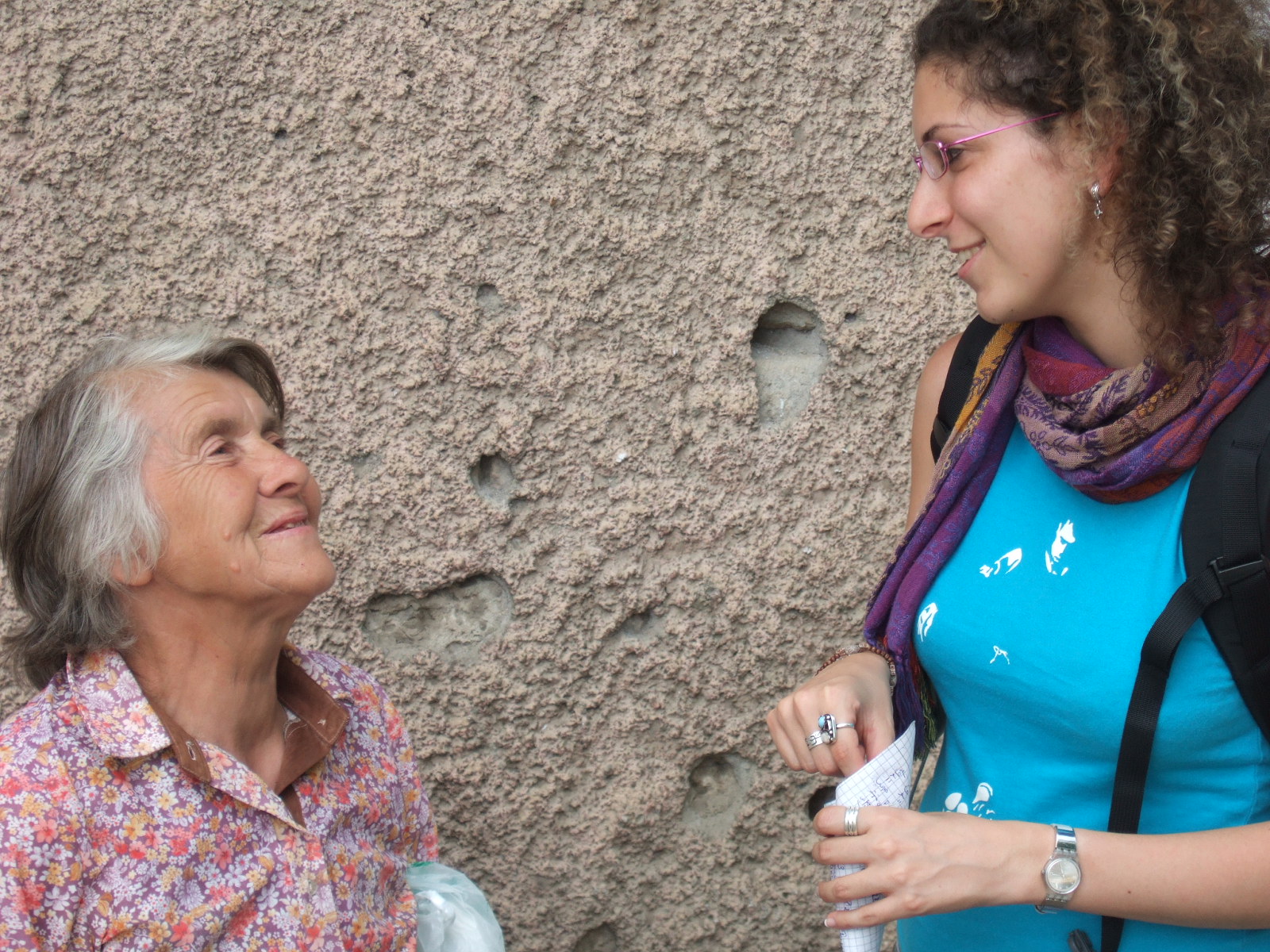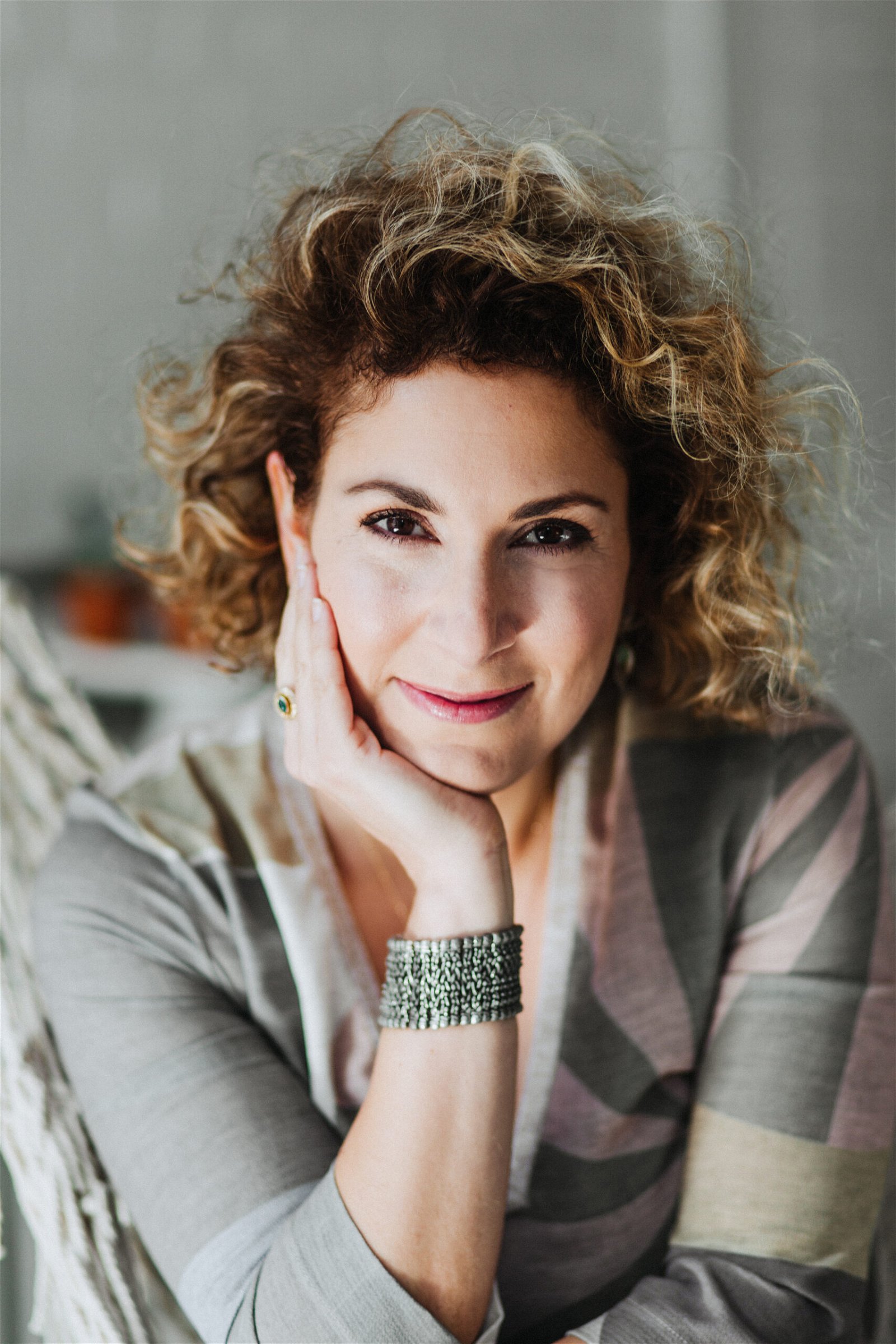
Like every member of the Armenian Diaspora, I have been glued to the news and to social media for updates these past weeks. We are disheartened and exhausted from seeing young men and women losing their lives on the frontlines. But, now is not the time for us to disengage.
Amid a global pandemic, two countries neighboring Armenia, that run decidedly authoritarian regimes, Azerbaijan and Turkey, launched deliberate unprovoked attacks on Nagorno-Karabakh.
Artsakh, as Armenians call it, is an ancient land. It has historical significance for Armenians, nestled between Iran, Azerbaijan and Armenia. The numerous monuments and churches attest to the Armenian presence for millennia, far longer before Azerbaijan became a nation.
During the 1920s, Joseph Stalin gifted this land (largely inhabited then and now by Armenians) to Azerbaijan, as he was dividing up territory, forming the Soviet Union.
In late 1989, with the collapsing Soviet Union, a war took place that caused a large number of casualties on both sides. Countless individuals on both sides were displaced. A ceasefire was reached in 1994, violated several times, including during this latest and more aggressive attacks on Artsakh as well as Armenia.
Armenians the world over watch in shock and horror, as images and news trickle in from the frontlines. A death toll continues to rise, as innocent civilians are attacked and children find refuge in bomb shelters.
This war is more than just a territorial conflict.
Armenians were victims of genocide during the beginning of the 20th century, perpetrated by the Young Turks of the Ottoman Empire. Today, this aggression is reopening generational wounds and profoundly triggering unresolved trauma in people of Armenian descent, a scattered diaspora.
Most importantly, and what many fail to realize, is that for Armenians, once again, their very survival is at stake.
Besides the unbearable heaviness and hurt Armenians around the world are currently experiencing, there remains an overall resounding and disturbing silence from the international community. Blatant human rights violations occur, ceasefires are ignored and senseless death tolls rise.
It is chillingly reminiscent of the apathy shown toward the Armenians, as they were murdered and put on death marches during 1915, the first genocide of the 20th century—one that served as a blueprint for Hitler’s later odious plans.
For a moment, let us now imagine that Germany got away with committing the Holocaust and, a century later, wrote of exterminating Jews, once again.
That is precisely what is occurring to Armenians today. Turkey and Azerbaijan boastfully raise the rhetoric started by their ancestors. Turkey’s President Erdogan boldly made this disturbing claim over this past summer.
Staying neutral or idle cannot be an option. Desmond Tutu once said: “If you are neutral in situations of injustice, you have chosen the side of the oppressor.”

My maternal grandfather was orphaned at age five during the Armenian Genocide. He lost his entire immediate family and his childhood. He was one of the countless orphans who survived against all odds. I carry genocide wounds because of him. I exist because of his survival.
I have given the theme of healing intergenerational wounds a lot of thought over the years, and even more so, since becoming a mother. The descendants of the perpetrators can continue to deny. That will not stop me from achieving some type of closure on my own terms and in my own time. However, the latest war is undoubtedly triggering trauma and reopening old wounds.
Even though my children are still too young, I often think about how and in what terms I want to address and transmit the history of their ancestors. Victimhood, hatred and waiting for apologies will not be part of the equation. A legacy of trauma is usually not one we wish to leave our children with.
One thing is certain: explaining to my children that Armenians became victims of a second genocide, while the world remained silent once again, is something I refuse to do. “Never again” should not be again and again because humanity can indeed evolve with the lessons we learn from the past, for a better life today.




Be the first to comment